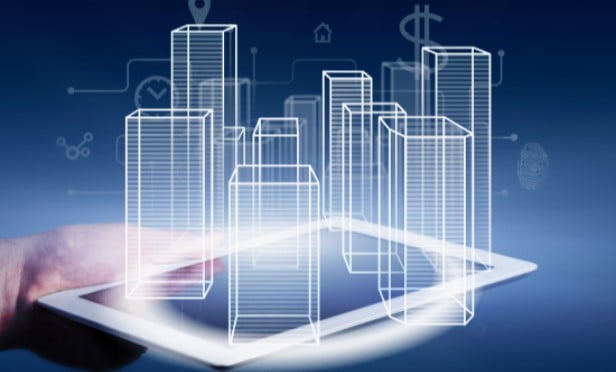The economy is improving from its lowest point earlier this year, but that recovery may already be slowing down as COVID-19 cases spike in parts of the U.S., according to the chief economist for Jones Lang LaSalle.
Ryan Severino, who manages JLL's economics team, wrote in a post that indicators from the retail industry show, for the demand side of the economy, there are steady improvements. He pointed to advance sales increasing by 7.5 percent on a month-to-month basis after an 18.2 percent increase in May, plus sale levels moving to pre-pandemic numbers from the start of the year.
"Sales growth registered strong gains across a variety of store types including clothing stores, electronics stores, and sporting goods stores," Severino wrote. "Clearly, consumers released pent-up demand as economies reopened somewhat. Inflation data also indicate an economy heading back up."
On the supply side, Severino highlighted increases in industrial production—a 1.4 percent increase in May followed by a 5.4 percent bump in June—among other factors that showed "a modest rebound from a lull early in the second quarter."
Unfortunately this upward trajectory might not last.
"As he number of COVID cases continues to increase, data are starting to show that the nascent, tenuous recovery is already potentially slowing down," Severino wrote.
He pointed to a decline in consumer sentiment for July, which erased gains made in the index last month. He also highlighted data like retail foot traffic and restaurant reservations as showing that fewer people are engaging in those economic activities, "particularly in the parts of the country where cases are increasing significantly."
"Increasing case levels present significant risks for the economy heading into the second half of the year. If the flaring pandemic causes further slowing in states reopening and reinstituting lockdowns, that would present a headwind to the recovery," Severino concluded. "Yet even in the absence of lockdowns, many consumers will avoid engaging in many activities out of fear of getting ill while some consumers who fall ill will not be healthy enough to fully participate in the economy. Both will harm future growth prospects."
"Governments can shut down the economy by edict, but they cannot reopen it by edict," he added.
Severino made the observations as some states that previously lifted restrictions implemented due to the COVID-19 pandemic put them back in place over spikes in the virus. Congress is now considering another legislative package said to include more funds for businesses and individual stimulus checks for certain Americans, as the pandemic is in its fifth month in the U.S.
© 2025 ALM Global, LLC, All Rights Reserved. Request academic re-use from www.copyright.com. All other uses, submit a request to [email protected]. For more information visit Asset & Logo Licensing.








